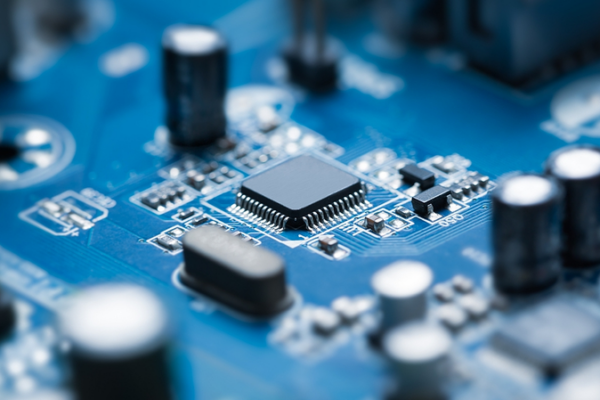
Trump Administration Eyes New Global AI Chip Export Regime
The Trump administration plans to scrap Biden’s tiered AI chip export curbs, replacing them with a global licensing regime that could reshape semiconductor trade and impact giants like Nvidia.







